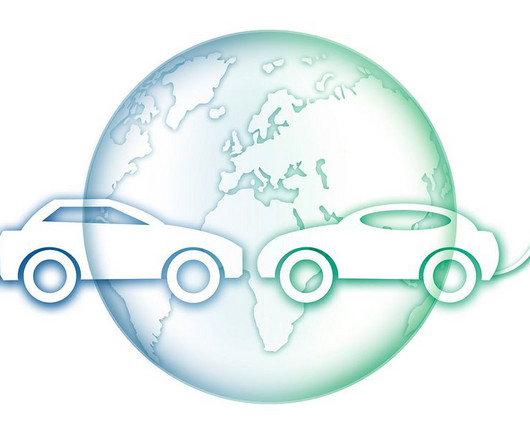MIT/UC Davis professors challenge claims that ethanol production decreased gasoline prices in 2010 and 2011
Green Car Congress
JULY 17, 2012
Knittel/Smith results for implied gasoline price effects from elimination of ethanol for 2010 using Du/Hayes model and pooled-sample estimates. Put simply, the empirical results merely reflect the fact that ethanol production increased during the sample period whereas the ratio of gasoline to crude oil prices decreased.
































Let's personalize your content